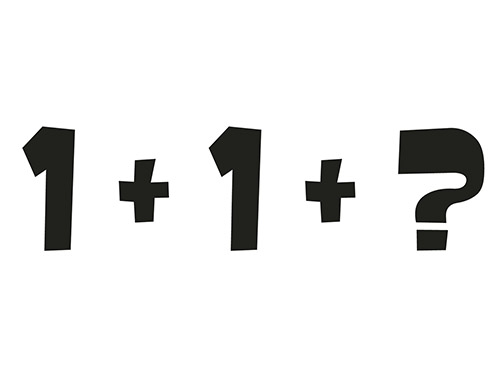
At this time of year, many of us reflect on the people and the things that we are grateful for. Among the many things that I personally am grateful for are my siblings; for those of you blessed with siblings, you know that they can be the best gift your parents ever gave you, despite differences of opinion and arguments that may come up from time to time.
Last Friday, I received an email from one of my brothers, who lives out of town, asking me to review his most recent blood work and give him some feedback. I was just about to see a client and decided to wait until I had time later in the day. At the end of the session, I noted a text from my brother asking if I was free to talk to him yet. I was sure at this point that something must be medically wrong with him. I had just a few moments before my next client was due to arrive to open the attachment and examine the findings. My heart was racing and I felt some level of panic setting in.
I checked my brother’s blood work, and to my total relief, everything was within normal range. I called him to tell him, and he started to laugh and said, “I told you that Cocoa Pebbles and milk is the breakfast of champions!” His other favorite breakfast is bagels with lox and cream cheese followed by a cheese Danish. I had recently been giving my brother a hard time about his diet, but, not so shockingly, to no avail. (Note: Nudging someone to change his or her diet is usually a complete waste of words.) I felt completely relieved that his bloodwork was normal, but frankly I was somewhat surprised. Like so many people, he works too hard, sleeps too little and eats too many sweets, yet despite his lack of attention to his own health, he is, thank God, healthy.
In health and medicine, as in many areas of life, one plus one does not always equal two. We can all think of many examples. The neighbor who exercises every day, is mindful about his food intake and is not overweight, but has a cardiac event at a young age. The friend who can eat whatever she wants and never gains an ounce. The youthful looking and acting grandmother or grandfather who suddenly dies relatively young. The fabulous, lovely young woman who has not been able to find her soulmate and is single into her mid-30s or beyond. Your friend from high school who was the class clown, always in trouble, but later married a wonderful woman and became a successful businessman and a pillar in the community.
The parents who are warm and giving, who have the most beautiful Shabbat and a home filled with the light and love of Torah, but whose children choose not to be observant—or the case where the exact opposite happens. The child you thought was of average intelligence who turns into an academic superstar in college. The child who adored you more than anything and loved just being around you, but then enters puberty and without warning does not want to spend any time with you and seems troubled and annoyed by the way you breathe. The list goes on and on. How are we supposed to act and plan our lives if so much of life seems so far beyond our control?
The Rambam writes in Hilchot Teshuvah that we should view every deed that we do as having the potential to tip the scales in our favor or in the other direction. He also tells us that we should not try to calculate the value of every deed, as only God can make that evaluation. While this seems to be somewhat of a contradiction, it may in fact serve as a metaphor as to how we should live our lives. We all need to do our part to maintain a healthy lifestyle by eating the right amount of food and incorporating fruits, vegetables, healthy grains and low-fat proteins into our diet. We should move our bodies daily and sweat occasionally. On most nights, we would do well to get seven to eight hours of sleep. We should choose doctors who are well trained and smart, whom we trust with our health and the health of our families. But while we certainly have to do our part, the rest we leave up to the Almighty. We hope and pray that He will bless us with good health, but we know that there are no guarantees.
The same is true of the other aspects of our lives. We need to raise our children surrounded by love, understanding and knowledge. If something is not going well, we need to seek out help from professionals—rabbis, educators, therapists and the like. We are obligated to make sure that our children can financially support themselves and that we have provided the tools necessary to make them independent adults. At the same time, we know that it is in God’s hands to determine if our efforts will ultimately be successful.
When we pray on Rosh Hashanah, we acknowledge that God controls everything that happens. But we should to live our lives every day as if we were in control, by doing our own part. We then depend on Him for the rest.
Best wishes for a Ketivah VaChatimah Tovah to all.
By Beth Taubes
Beth Taubes RN, OCN, CBCN, CHC,CYT, is the owner of Wellness Motivations LLC. She motivates clients of all backgrounds, ages, and health conditions to engage in improved self-care through nutritional counseling, fitness training, yoga practice, and stress reduction techniques. Sign up for the “count up to Shavous challenge” Gift Certificates available. Beth can be reached at btaubesrn@gmail.com or wellnessmotivationsbt.com.










